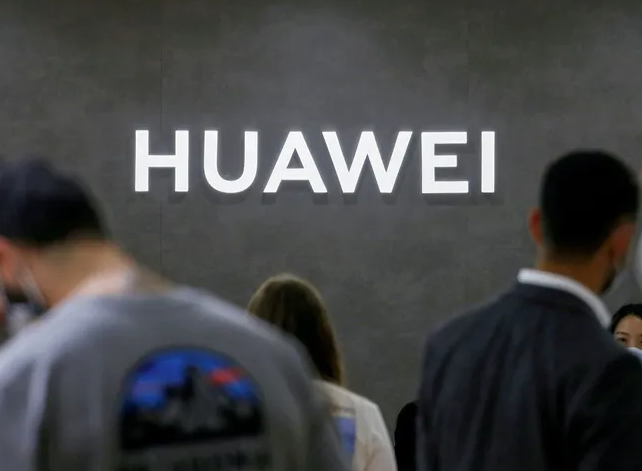
Huawei has declared its readiness to launch new products in 2024, aiming to re-enter the global tech market after facing challenges since 2019. In 2019, the Trump administration added the Chinese company to the Entity List, prohibiting it from acquiring US-made components without US government permission.
Richard Yu, the head of Huawei’s consumer business, stated that the upcoming products in 2024 will be “leading and innovative, bringing about a fundamental change.” During the annual Huawei Fan Club event, Yu revealed that the company plans to release a new version of its HarmonyOS operating system in the coming year, along with support for running applications and services specifically developed for it (Native apps).
Huawei made several achievements this year, regaining attention in the mobile phone market with the launch of Mate 60 Pro and Mate 60 Pro Plus. These devices feature the Kirin 9000S processor manufactured by Chinese company SMIC, using 7-nanometer technology—a notable advancement for Chinese companies in silicon chip manufacturing.
According to a new report from TechInsights, Huawei’s new phones utilize chips from Beijing Unisoc and Maxscend Microelectronics for mobile and internet connectivity, bypassing the reliance on chips from US companies like Corvo and Skyworks Solutions.
Statistical data from Canalys indicates that Huawei sold 2.5 million devices within two months of launching its phones in August. The Mate 60 Pro accounted for 60% of total sales.
In November, Huawei surprised the industry by announcing its decision to stop allowing the installation of Android APK apps on its smartphones with the next HarmonyOS update. This move, announced during the HDC 2023 developer conference, has led major Chinese companies like Alibaba and Baidu to seek specialized app developers using Huawei’s software tools and platforms, preparing to make their apps available to Huawei users as soon as the expected update arrives.
With this step, Huawei positions itself to compete directly with Apple, as users will no longer be able to install apps from outside Huawei’s App Gallery, similar to how iPhone users cannot install apps from outside the Apple App Store.
Leave a Reply